Ocean Conservation Definition Surveying Divers Tnc Resources Underwater Future Conservancy Low Reefs Wealth Coral Ampat Raja Waters Monitoring Islands Nature Island
Hey friend!
4 Steps to Improve Ocean Conservation Research in Small Island States
Ocean conservation is a critical undertaking, especially for small island states that heavily rely on their marine ecosystems and resources. To ensure effective research and conservation efforts in these regions, here are four essential steps:
1. Collaborative Approach: Small island states often face limited resources and capacity to conduct extensive ocean research. Therefore, collaboration among governments, local communities, scientific institutions, and non-profit organizations is crucial. By pooling their expertise, data, and resources, these stakeholders can work together to develop comprehensive conservation strategies.
2. Local Engagement: Engaging local communities in ocean conservation research is vital for creating sustainable solutions. These communities possess valuable traditional knowledge and can provide insights into the local marine ecosystem's dynamics. Involving locals also fosters a sense of ownership and responsibility, leading to better compliance with conservation measures.
3. Technological Innovation: Small island states face unique challenges due to their remote locations and limited infrastructure. Harnessing technological innovations can overcome these barriers. For instance, adopting satellite imagery, drones, and remote monitoring devices can assist in mapping and monitoring marine habitats, tracking species populations, and detecting illegal fishing activities.
4. Capacity Building: Investing in capacity building programs is crucial for building local expertise and enhancing the effectiveness of ocean conservation research. This includes providing training opportunities for scientists, policymakers, and local communities, as well as equipping them with the necessary tools and equipment. By enhancing local capacities, small island states can better manage and protect their marine environments.
By adopting these steps, small island states can improve their ocean conservation research efforts, leading to more effective protection of their valuable marine ecosystems.
A 2-Variable Approach to Ocean Conservation - OceanWide Explorers
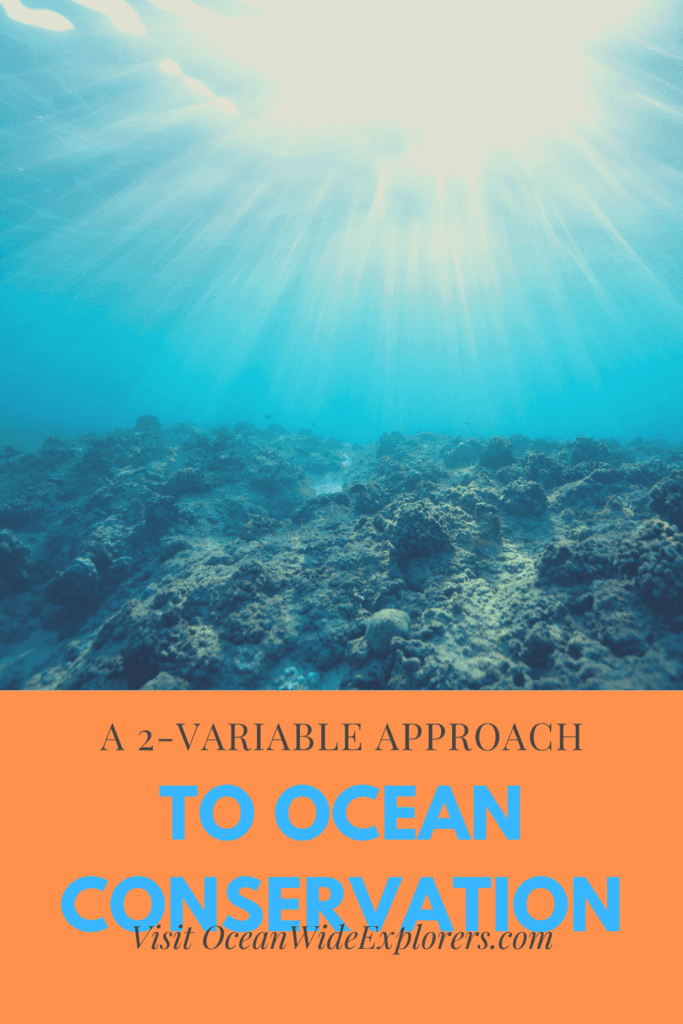
Ocean conservation requires a multidimensional approach that considers various factors affecting marine ecosystems. OceanWide Explorers advocates for a 2-variable approach to enhance ocean conservation efforts. Let's delve into these two variables:
1. Biodiversity Conservation: Protecting and conserving biodiversity is essential for maintaining the health and resilience of ocean ecosystems. The preservation of diverse species helps stabilize marine food webs and promotes ecosystem balance. Conservation initiatives can include establishing marine protected areas, implementing sustainable fishing practices, and reducing pollution and waste discharge into the ocean.
2. Climate Change Mitigation: Climate change poses a significant threat to ocean health, impacting temperature patterns, sea-level rise, and ocean acidification. To effectively conserve the ocean, it is imperative to mitigate the effects of climate change. This involves reducing greenhouse gas emissions, transitioning to renewable energy sources, and implementing measures to adapt to changing conditions.
The 2-variable approach acknowledges the interconnectedness of biodiversity conservation and climate change mitigation. It recognizes that protecting marine biodiversity contributes to climate change resilience, and vice versa. By addressing both variables simultaneously, we can maximize the impact of ocean conservation efforts.
At OceanWide Explorers, we are committed to promoting this approach and working towards a sustainable future for our oceans.
Investing in Ocean Conservation for Family Offices in Impact | Simple

Ocean conservation presents a unique opportunity for family offices to make a significant positive impact on the environment while aligning with their financial goals. Investing in ocean conservation can bring about various benefits and contribute to a sustainable future. Here's why family offices should consider investing in this crucial cause:
1. Environmental Impact: Investing in ocean conservation allows family offices to actively contribute to the preservation of marine ecosystems. By supporting initiatives such as marine protected areas, sustainable fisheries, and coral reef restoration, they can help safeguard the biodiversity and health of the oceans.
2. Long-Term Returns: Ocean conservation investments can offer attractive long-term returns. As the awareness and importance of ocean conservation continue to grow, the demand for sustainable ocean-related products and services is likely to increase. This creates potential investment opportunities in areas such as renewable energy, sustainable aquaculture, and eco-tourism.
3. Reputation and Legacy: Ocean conservation is a globally recognized environmental cause. By investing in this field, family offices can enhance their reputation as socially responsible investors and contribute to their legacy by actively participating in the protection of our oceans for future generations.
4. Collaboration and Networks: Investing in ocean conservation opens doors to collaboration with like-minded investors, organizations, and experts in the field. Family offices can join forces with other impact investors, conservation foundations, and non-profit organizations to amplify their impact and share knowledge.
5. Philanthropic Opportunities: In addition to financial investments, family offices can also engage in philanthropic activities to support ocean conservation. They can establish grant programs, sponsor research projects, or fund educational initiatives that raise awareness about the importance of ocean health.
Investing in ocean conservation not only aligns with family offices' values but also presents a promising avenue for sustainable impact and financial returns. Together, we can make a difference and ensure the preservation of our precious oceans.
Marine Conservation - YouTube

The power of visual media in spreading awareness about marine conservation cannot be overstated. YouTube serves as a valuable platform where individuals, organizations, and experts share their knowledge, experiences, and initiatives related to marine conservation. Here are some popular YouTube channels focusing on marine conservation:
1. Oceana: Oceana is the largest international advocacy organization dedicated solely to ocean conservation. Their YouTube channel features informative videos about marine life, conservation campaigns, and the importance of protecting our oceans.
2. National Geographic: National Geographic's YouTube channel covers various topics, including marine conservation. Their videos offer captivating visuals and expert insights into the wonders of marine ecosystems and the efforts being made to safeguard them.
3. SeaLegacy: SeaLegacy is a non-profit organization that uses photography and film to inspire ocean conservation. Their YouTube channel showcases stunning videos that highlight the beauty, challenges, and urgent need to protect our oceans.
4. Sylvia Earle Alliance: Dr. Sylvia Earle is a renowned oceanographer and conservationist. Her YouTube channel features her talks, interviews, and documentaries, offering valuable insights into marine conservation and the importance of ocean exploration.
These YouTube channels provide a wealth of information and inspire viewers to take action towards ocean conservation. Through engaging videos, they contribute to the global movement to protect our precious marine environments.
Opinion | Bigger Is Not Better for Ocean Conservation | Ocean

The notion that bigger is always better does not hold true when it comes to ocean conservation. While large-scale initiatives and protected areas are important, focusing solely on their size can overlook critical aspects of effective conservation. Here's why:
1. Local Impacts: Bigger may not always address the specific needs and challenges faced by local marine ecosystems. Adopting a site-specific approach that considers unique characteristics, biodiversity, and threats can lead to more targeted and effective conservation strategies.
2. Connectivity and Corridors: Many marine species rely on interconnected habitats and migration corridors for their survival. Simply creating large protected areas without considering connectivity can hinder the movement and exchange of organisms, potentially limiting their resilience and genetic diversity.
3. Community Involvement: Exclusively focusing on large-scale conservation initiatives can sideline the importance of engaging local communities. For conservation measures to be successful, it is crucial to involve and empower communities living near marine ecosystems. Their participation fosters stewardship and ensures the long-term sustainability of conservation efforts.
4. Adaptive Management: Smaller, well-managed conservation projects offer the flexibility to adapt and respond to changing environmental conditions. This adaptive management approach allows for continuous monitoring, evaluation, and adjustment of conservation strategies, maximizing their effectiveness.
While large-scale conservation efforts undoubtedly play a vital role, it is important to recognize the value of smaller-scale initiatives tailored to the unique characteristics of specific marine environments. By combining approaches and considering the context, we can achieve more holistic and impactful ocean conservation outcomes.
Ocean Conservation Series

The Ocean Conservation Series aims to educate and inspire individuals about the importance of preserving our oceans and the various initiatives undertaken to achieve this goal. Here are some key topics covered in this series:
1. Marine Protected Areas: Explore the concept of marine protected areas (MPAs) and their significance in conserving marine biodiversity and habitats. Learn about the different types of MPAs, their benefits, and success stories from around the world.
2. Sustainable Fisheries: Discover the challenges faced by fisheries worldwide and the innovative solutions being implemented to ensure sustainable fishing practices. Dive into topics such as bycatch reduction, ecosystem-based fisheries management, and the role of certification programs.
3. Coral Reef Conservation: Immerse yourself in the vibrant world of coral reefs and the threats they face. Gain insights into coral bleaching, ocean acidification, and efforts to restore and protect these critically important and biodiverse ecosystems.
4. Plastic Pollution: Understand the detrimental impact of plastic pollution on our oceans and marine life. Learn about global initiatives to reduce plastic waste, innovative recycling technologies, and individual actions that can make a difference.
5. Ocean Awareness and Education: Delve into the importance of fostering ocean literacy and awareness among the general public, particularly younger generations. Explore educational programs, citizen science initiatives, and the power of storytelling in inspiring action for ocean conservation.
The Ocean Conservation Series serves as a valuable resource for anyone interested in expanding their knowledge about ocean conservation and discovering how they can contribute to protecting our oceans.
20 Key Facts About Ocean Conservation | Bluereef Portsmouth
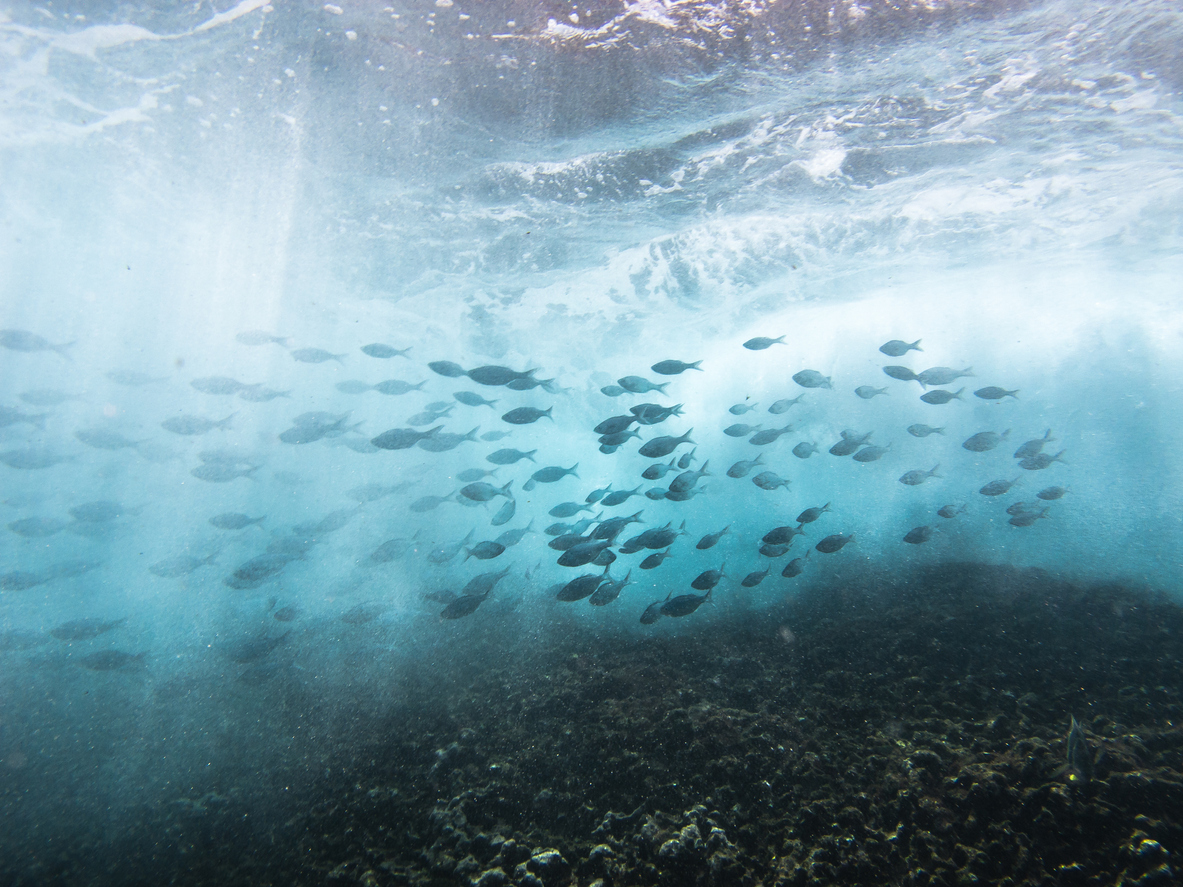
Ocean conservation is of utmost importance considering the crucial role oceans play in sustaining life on our planet. Here are 20 key facts that highlight the significance of ocean conservation:
1. Oceans cover approximately 70% of the Earth's surface and are home to a vast array of ecosystems and species.
2. Marine plants, such as phytoplankton, produce over half of the world's oxygen, making them essential for our survival.
3. Coral reefs, known as the "rainforests of the sea," support approximately 25% of marine species despite covering less than 1% of the ocean floor.
4. Overfishing is a significant threat to marine biodiversity, with approximately 90% of global fish stocks either fully exploited, overexploited, or depleted.
5. Plastic pollution poses a grave danger to marine life, with an estimated 8 million metric tons of plastic entering the oceans each year.
6. Climate change impacts marine ecosystems through rising sea levels, ocean acidification, and extreme weather events, threatening the survival of many species.
7. The Great Barrier Reef, located off the coast of Australia, is the world's largest coral reef system and is under severe stress due to climate change and pollution.
8. Mangrove forests provide critical coastal protection, sequester carbon, and support numerous species, yet they are being destroyed at an alarming rate.
9. Ocean acidification, caused by increased carbon dioxide absorption, poses a threat to shell-forming organisms like corals, oysters, and mollusks.
10. Whales, as key marine species, play a vital role in regulating the ocean's food web and nutrient cycling, contributing to overall ecosystem health.
11. The ocean economy, including fisheries, tourism, shipping, and renewable energy, contributes trillions of dollars to the global economy annually.
12. Marine protected areas (MPAs) are crucial for conserving biodiversity and promoting sustainable fisheries, covering around 7% of the world's oceans.
13. Sustainable aquaculture, such as responsible fish farming, presents an opportunity to meet the increasing global demand for seafood while minimizing environmental impacts.
14. The United Nations' Sustainable Development Goal 14 aims to conserve and sustainably use the oceans, seas, and marine resources for sustainable development.
15. Oil spills pose severe threats to marine ecosystems, impacting marine life, habitats, and local economies that rely on the ocean for livelihoods.
16. Marine debris, including discarded fishing nets and ghost gear, pose entanglement hazards to marine animals and degrade marine habitats.
17. The concept of Blue Economy promotes sustainable ocean-based economic activities that balance environmental, social, and economic considerations.
18. Citizen science initiatives allow individuals to actively contribute to ocean conservation by collecting data, monitoring species, and participating in research projects.
19. Ocean literacy programs aim to enhance public understanding of the ocean's importance, fostering a sense of responsibility and action for its conservation.
20. Collaboration among governments, NGOs, scientific institutions, and local communities is crucial for effective ocean conservation and sustainable management.
These key facts shed light on the urgent need to prioritize ocean conservation and inspire individuals and organizations to take action to protect our precious marine environments.
ocean conservation | Fin whale, Ocean conservation, Sea

Ocean conservation entails safeguarding the diverse marine life that inhabits our oceans. Let's explore the conservation status and importance of three key elements: the fin whale, ocean conservation, and sea ecosystems.
1. Fin Whale: The fin whale, scientifically known as Balaenoptera physalus, is the second-largest animal on the planet, surpassed only by the blue whale. Despite their immense size, fin whales are classified as an endangered species due to historical commercial whaling. Protecting these majestic creatures is crucial for maintaining biodiversity and the overall health of marine ecosystems.
2. Ocean Conservation: Ocean conservation refers to the collective efforts aimed at preserving and sustainably managing the ocean's resources and ecosystems. Conservation initiatives focus on reducing pollution, combating overfishing, establishing marine protected areas, and mitigating the impacts of climate change. By prioritizing ocean conservation, we can ensure the long-term viability of marine ecosystems and their inherent value.
If you are searching about $150 Million Committed to Oceans | Blue Prosperity Coalition you've visit to the right page. We have 30 Images about $150 Million Committed to Oceans | Blue Prosperity Coalition like What's the Future of Ocean Conservation? | HuffPost, This Strategy Could Boost Ocean Conservation - Giving Compass and also Investing in ocean conservation for family offices in impact | Simple. Read more:
$150 Million Committed To Oceans | Blue Prosperity Coalition
 www.blueprosperity.org
www.blueprosperity.org Petition · become aware of the issues surrounding ocean conservation. Definition farming
Live Virtual Program: Ocean Conservation | The Maritime Museum Of
 mmbc.bc.ca
mmbc.bc.ca Conservation featherytravels. Ocean la whales orca conservation governments considering begin milestone el los pew conservación considerar gobiernos océanos comienzan nuevo hito un
What's The Future Of Ocean Conservation? | HuffPost
ocean conservation surveying divers tnc resources underwater future conservancy low reefs wealth coral ampat raja waters monitoring islands nature island
Marine conservation. 20 key facts about ocean conservation
This Strategy Could Boost Ocean Conservation - Giving Compass
 givingcompass.org
givingcompass.org conservation
Pin on ocean conservation. Conservation ocean impact know
30 Ocean Conservation Organizations Fighting To Save Marine Biodiversity
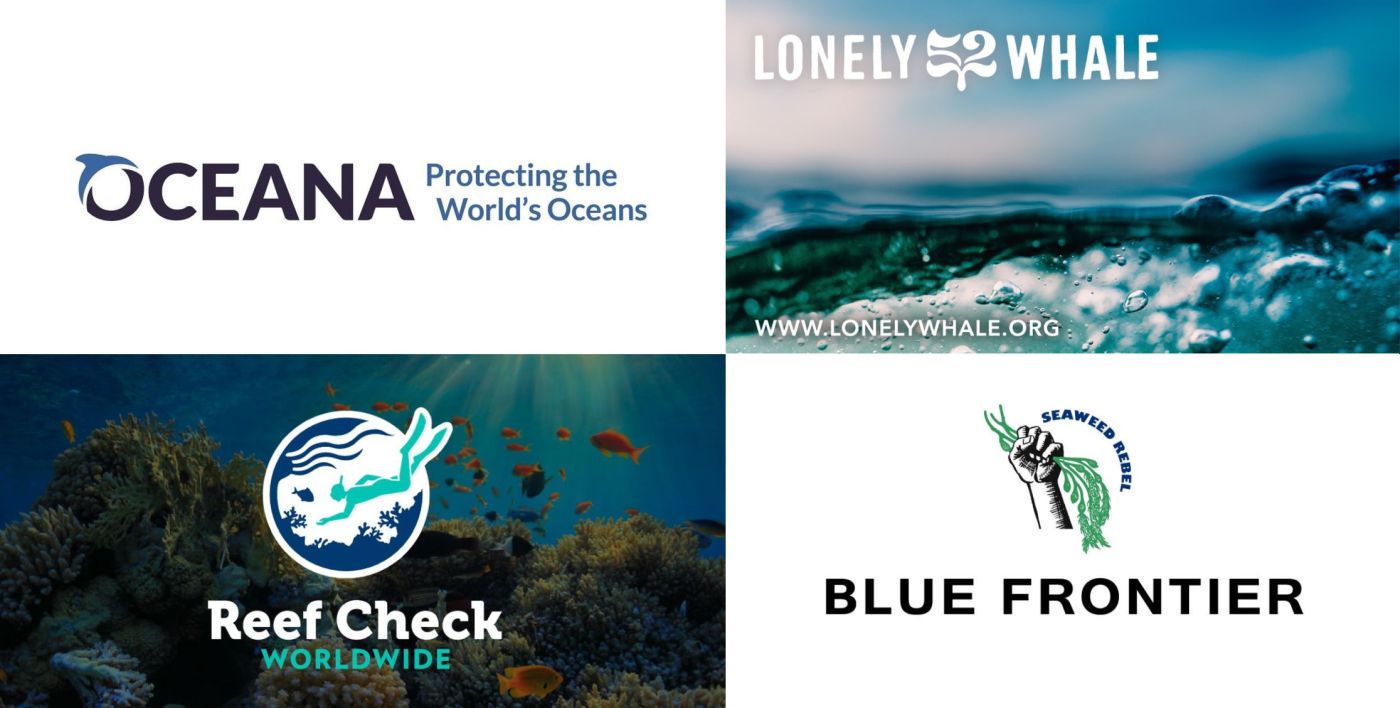 www.planetcustodian.com
www.planetcustodian.com conservation organizations oceans biodiversity pollution tackling reefs planetcustodian
Top 15 ocean conservation wins of 2015. Ocean conservation (how and why)
20 Key Facts About Ocean Conservation | Bluereef Portsmouth
 www.bluereefaquarium.co.uk
www.bluereefaquarium.co.uk ocean fish school waves crashing gracefully swimming conservation facts key introduction saltwater portsmouth
Conservation organizations oceans biodiversity pollution tackling reefs planetcustodian. Ocean conservation for travelers: 5 tips from a truthful traveler
Our Partners In Ocean Conservation
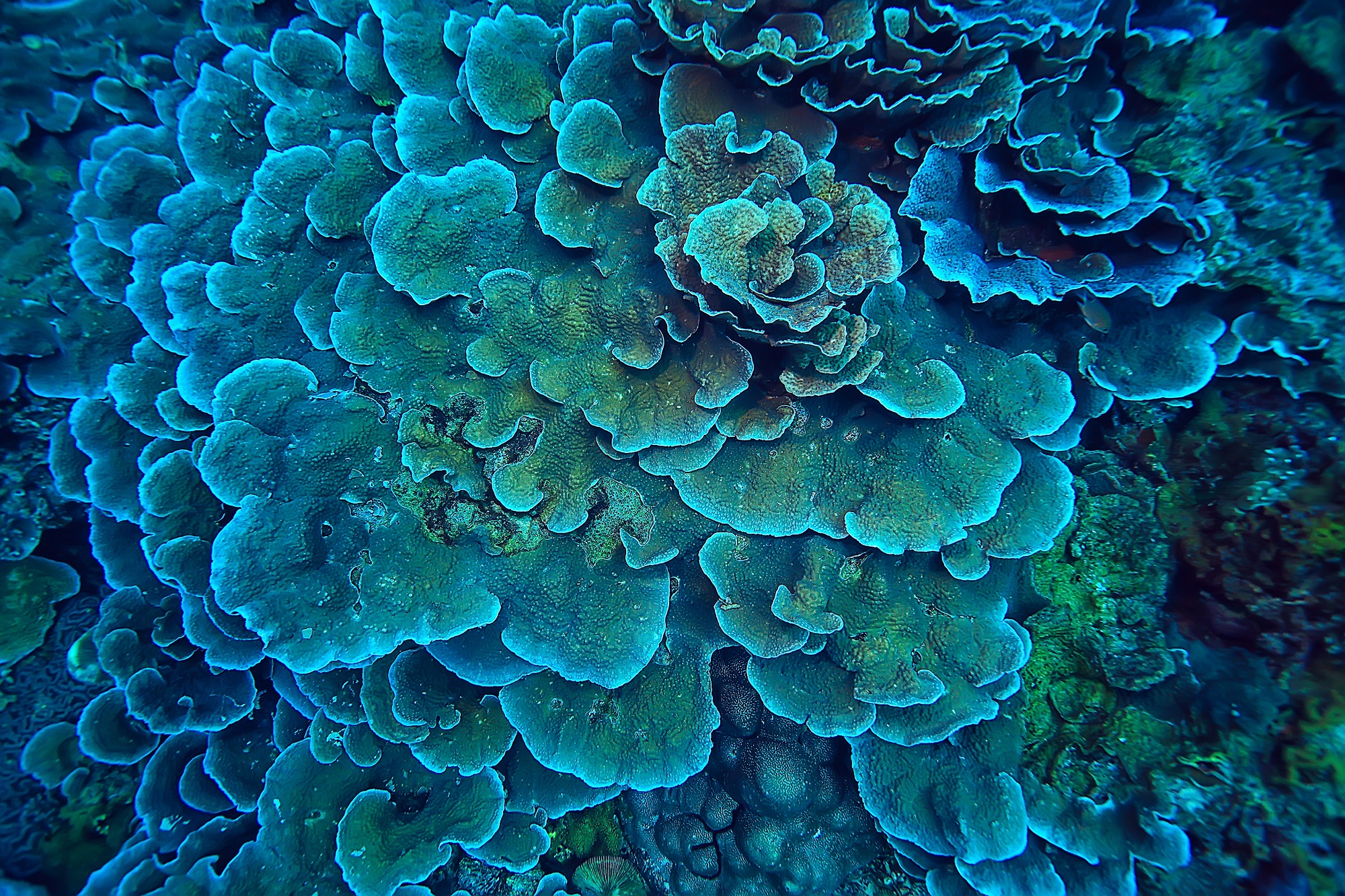 blog.padi.com
blog.padi.com macro peint
Ocean conservation. Commonwealth marine parks
Pin On Ocean Conservation
 www.pinterest.com
www.pinterest.com conservation
Ocean livelihoods. $150 million committed to oceans
Ocean Conservation | Ocean Group
ocean livelihoods
Conservation organizations oceans biodiversity pollution tackling reefs planetcustodian. Get to know your conservation impact
Quotes About Ocean Conservation. QuotesGram
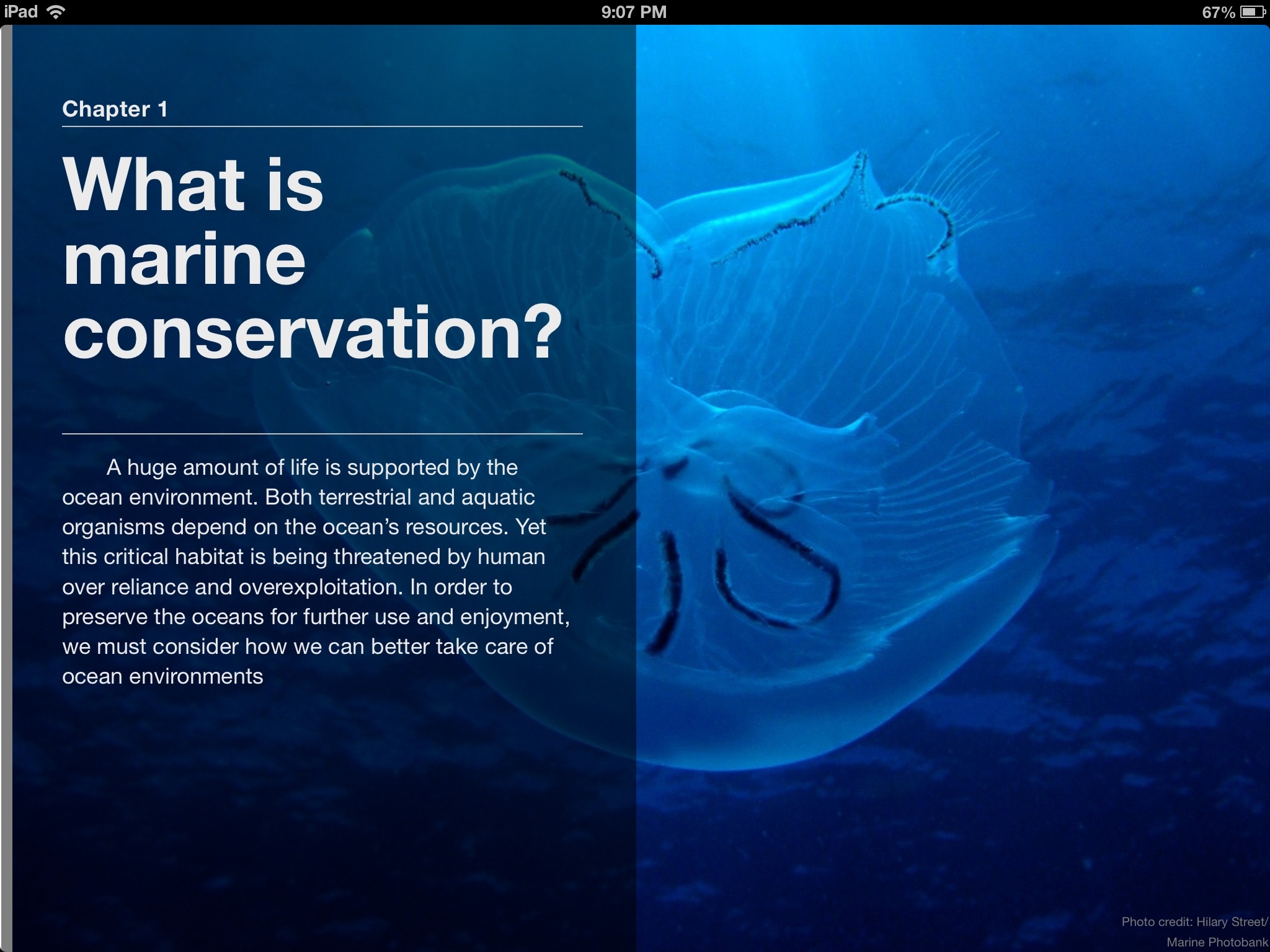 quotesgram.com
quotesgram.com ocean conservation quotes quotesgram
Pin on ocean conservation. What's the future of ocean conservation?
Investing In Ocean Conservation For Family Offices In Impact | Simple
 andsimple.co
andsimple.co 4 steps to improve ocean conservation research in small island states. What's the future of ocean conservation?
MediaX Thought Leader Helps Island Nation Revolutionize Ocean
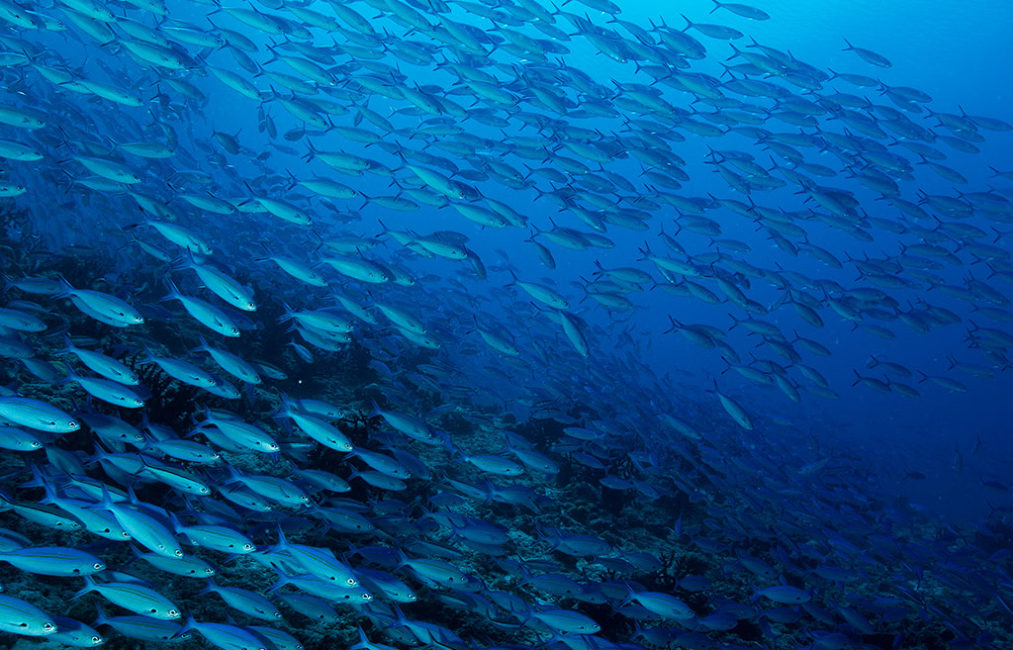 mediax.stanford.edu
mediax.stanford.edu mediax stanford revolutionize
Ocean conservation surveying divers tnc resources underwater future conservancy low reefs wealth coral ampat raja waters monitoring islands nature island. Definition farming
Commonwealth Marine Parks - Australian Marine Conservation Society
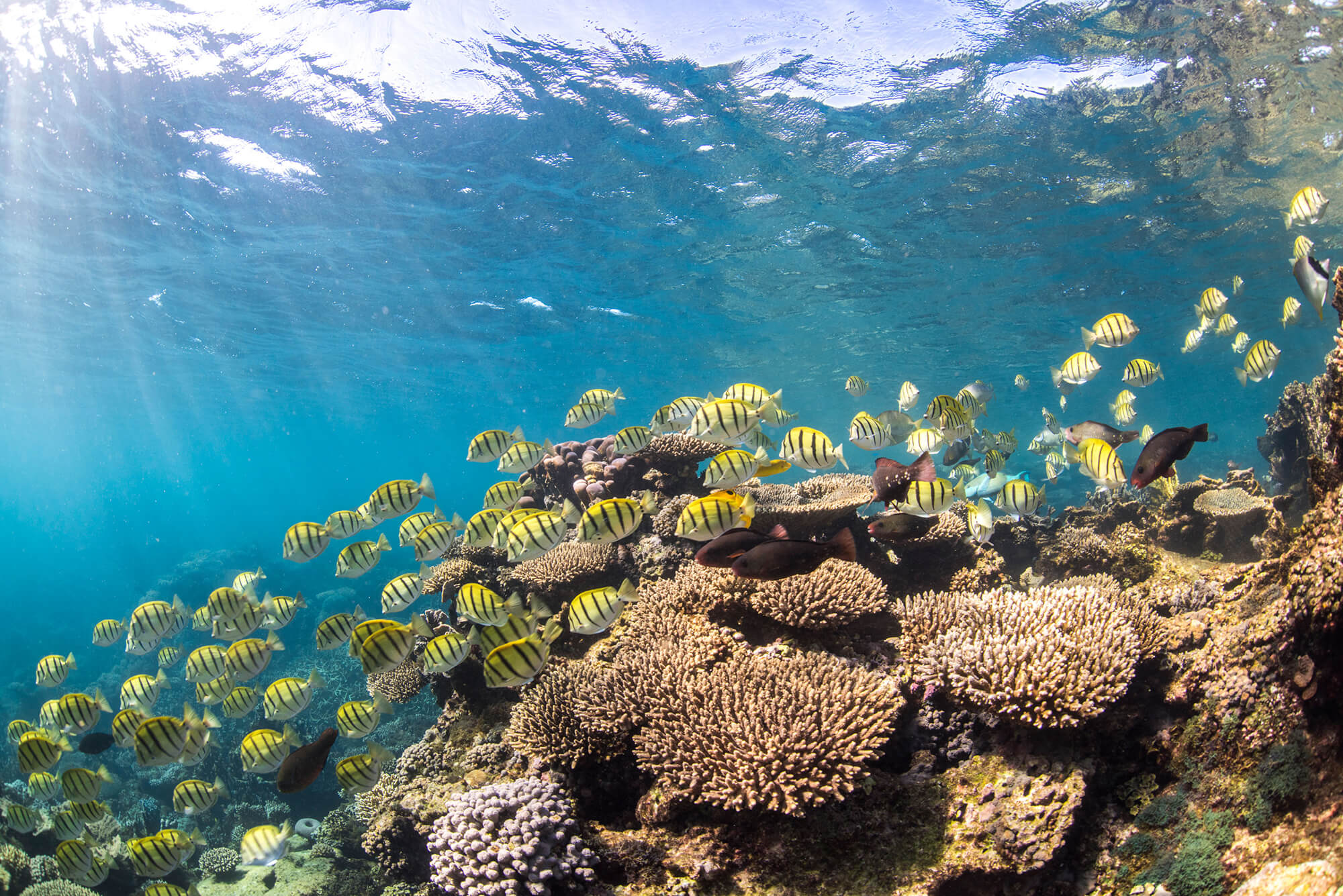 amcs.org.au
amcs.org.au australian
Ocean conservation quotes quotesgram. Get to know your conservation impact
Ocean Conservation For Travelers: 5 Tips From A Truthful Traveler
 www.pinterest.com
www.pinterest.com travelers
Nationalgeographic waitt zoning. Quotes about ocean conservation. quotesgram
Ocean Conservation (how And Why) | Ocean Conservation, Ocean, Save Our
 www.pinterest.com
www.pinterest.com conservation featherytravels
Ocean conservation & marine biology. Water conservation- definition measures reasons
Petition · Become Aware Of The Issues Surrounding Ocean Conservation
 www.change.org
www.change.org ocean conservation surrounding aware issues become change
Marine conservation. A 2-variable approach to ocean conservation
20 Key Facts About Ocean Conservation | Bluereef Portsmouth
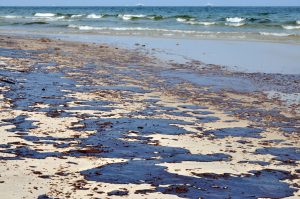 www.bluereefaquarium.co.uk
www.bluereefaquarium.co.uk portsmouth
Ocean conservation for travelers: 5 tips from a truthful traveler. Mediax stanford revolutionize
Get To Know Your Conservation Impact - The Ocean Project
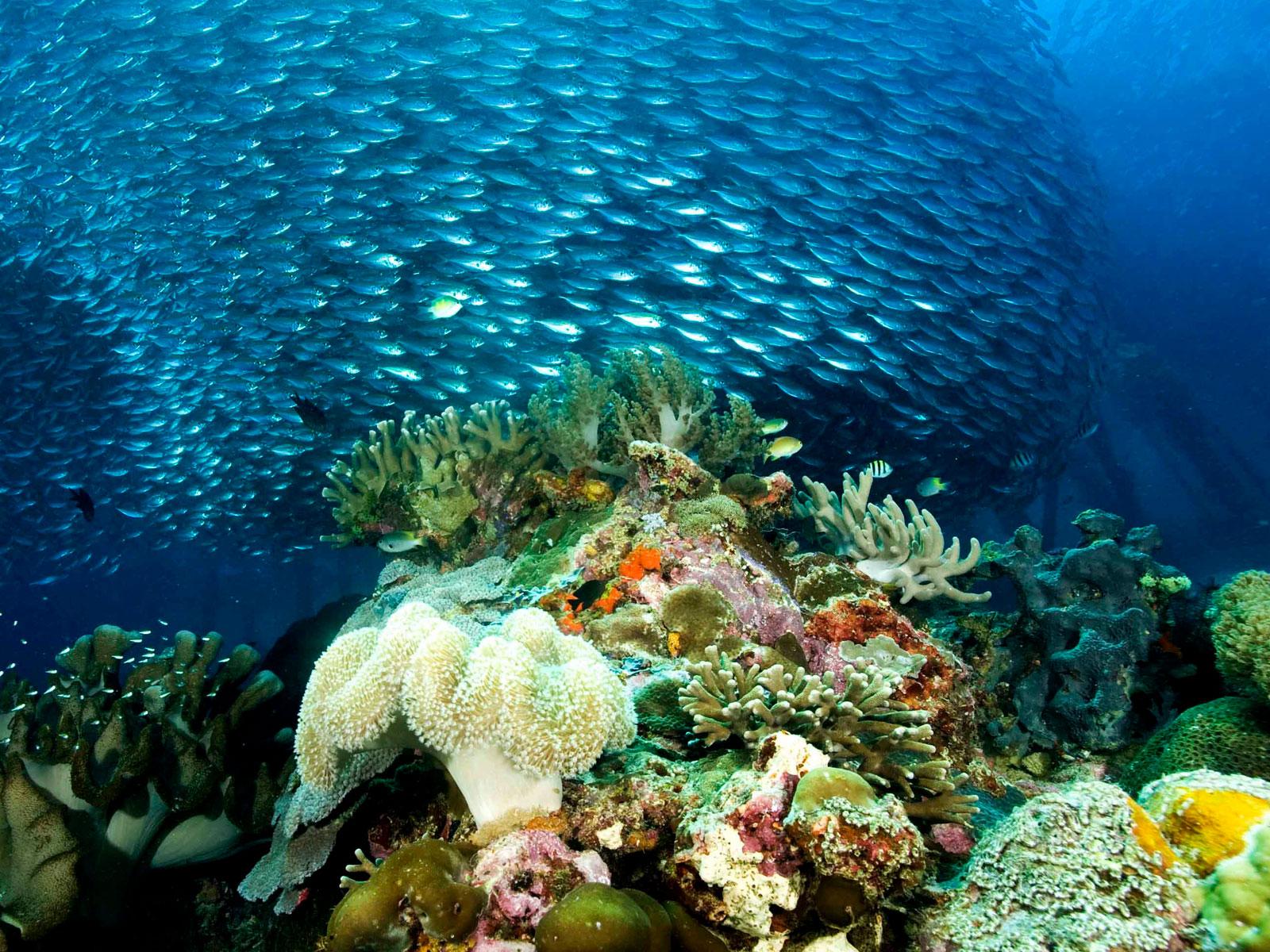 theoceanproject.org
theoceanproject.org conservation ocean impact know
Ocean conservation. Mediax stanford revolutionize
Marine Conservation - YouTube
 www.youtube.com
www.youtube.com marine conservation
20 key facts about ocean conservation. Live virtual program: ocean conservation
Governments Begin Considering New Ocean Conservation Milestone | The
 www.pewtrusts.org
www.pewtrusts.org ocean la whales orca conservation governments considering begin milestone el los pew conservación considerar gobiernos océanos comienzan nuevo hito un
Our partners in ocean conservation. Nationalgeographic waitt zoning
Ocean Conservation & Climate Change: Extinguishing The Flames - Bioneers
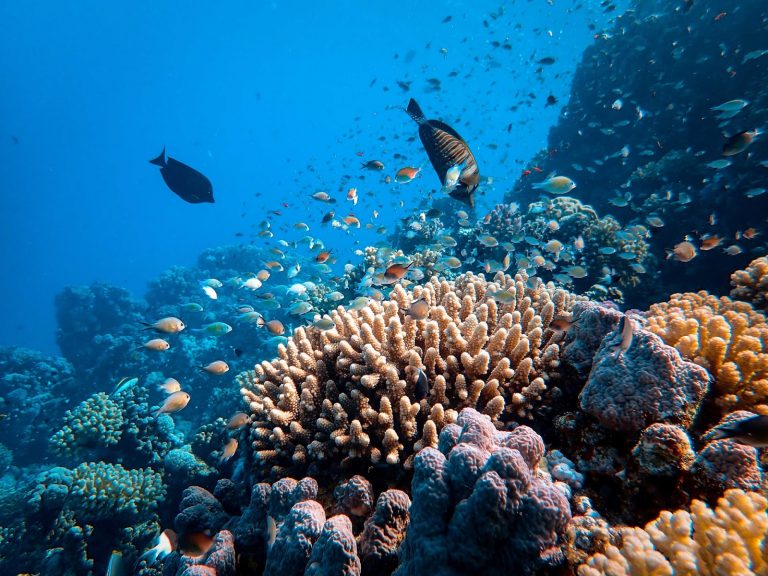 bioneers.org
bioneers.org conservation flames extinguishing bioneers
Conservation flames extinguishing bioneers. Macro peint
Ocean Conservation Series
 www.conservation.org
www.conservation.org Mediax stanford revolutionize. Definition farming
Opinion | Bigger Is Not Better For Ocean Conservation | Ocean
 www.pinterest.com
www.pinterest.com Water conservation- definition measures reasons. Marine conservation
Ocean Conservation & Marine Biology | EDU Africa
 edu-africa.com
edu-africa.com Conservation flames extinguishing bioneers. Conservation organizations oceans biodiversity pollution tackling reefs planetcustodian
A 2-Variable Approach To Ocean Conservation - OceanWide Explorers
 oceanwideexplorers.com
oceanwideexplorers.com $150 million committed to oceans. Ocean livelihoods
4 Steps To Improve Ocean Conservation Research In Small Island States
conservation ocean research improve steps science effective lessons foreign island states trained researcher fisheries staff member being huffingtonpost
20 key facts about ocean conservation. Ocean conservation & climate change: extinguishing the flames
Top 15 Ocean Conservation Wins Of 2015 | Ocean Conservation, Save Our
 za.pinterest.com
za.pinterest.com nationalgeographic waitt zoning
30 ocean conservation organizations fighting to save marine biodiversity. Ocean conservation
Water Conservation- Definition Measures Reasons - Niche Agriculture
definition farming
Ocean conservation surrounding aware issues become change. Ocean conservation for travelers: 5 tips from a truthful traveler
Ocean Conservation | Fin Whale, Ocean Conservation, Sea
 www.pinterest.com
www.pinterest.com ocean conservation
Mediax thought leader helps island nation revolutionize ocean. Ocean conservation surveying divers tnc resources underwater future conservancy low reefs wealth coral ampat raja waters monitoring islands nature island
Billionaires Buy Into Ocean Conservation | Ocean Conservation, Ocean
 www.pinterest.com
www.pinterest.com Ocean conservation series. Conservation featherytravels
4 steps to improve ocean conservation research in small island states. Ocean conservation. Our partners in ocean conservation
Post a Comment for "Ocean Conservation Definition Surveying Divers Tnc Resources Underwater Future Conservancy Low Reefs Wealth Coral Ampat Raja Waters Monitoring Islands Nature Island"